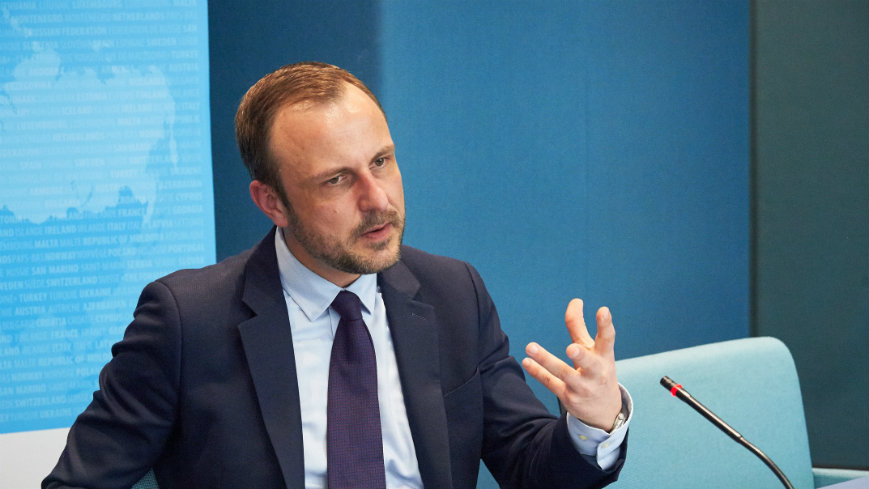In his exposé, Peter Neumann addressed the five myths he believes need to be investigated in order to better assess the issue of radicalisation and disengagement : “The first stipulates that people radicalise into terrorism because of one given factor. The second claims that most jihadists are actually from the middle class. The third myth is that the internet causes people to join Daesch. The fourth holds that Islam is the root cause of jihadist terror or, alternatively, that Islam has nothing at all to do with jihadist terrorism. The fifth suggests that deradicalisation and disengagement either always work or never work.”
For Peter Neumann, “there is no single factor or explanation for why and how people become violent extremists, but there are core elements and patterns that allow us to make sense of the process. He highlights in particular “grievances, ideologies, emotional needs and social processes and explains that “in contrast to previous generations, European jihadists today include many individuals with criminal pasts or people from socio-economically disadvantaged backgrounds. The internet certainly plays a role in radicalisation; but it is rarely the sole explanation or driver for extremism. Although Salafi jihadists [..] can be located on the spectrum of Islam, they do not represent Islam. And finally, deradicalisation and disengagement are complex processes; they do not always work, but if they are done systematically and professionally, they can be useful tools in facilitating the exit from violent extremism.”
Watch the video of the debate.



